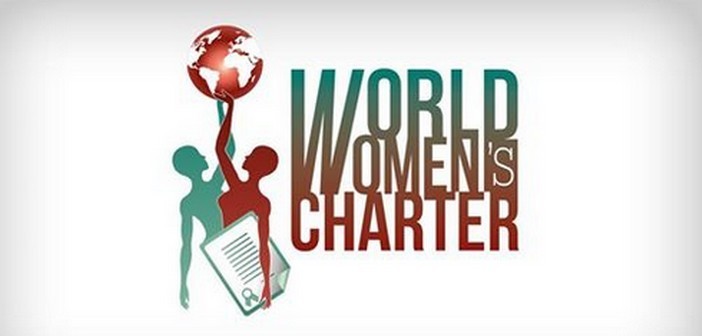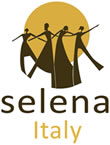
The Charter of the Women in the World: Selena’s contribution
The World Conference on Women, organized by Isa Maggi in Milan at the end of september 2015 was also a good opportunity to discuss and write together the draft for a Charter of the Women of the World (La Carta delle Donne del Mondo) based on the proposals, discussions and actions arised during the 3 days of meetings and workshops.
Totally in relation with its competences, Selena Italy has brought his contribution with a special proposal: to focus on the concept of leadership and how to manage the same with a Workshop dedicated to Training Female Leadership. This special 2hours lesson – coordinated by trainers Wanda Pezzi, Pina Sabatino and Iacopo Braca – was prepared to verify the strategic thought of women in relation to which ones and how many goals have been achieved over the past two decades.
This particular exercise, preceded by a performance offered by theater actresses Silvia Mascolo and Tiziana Rubano, successfully launched the discussion on the issue proposed, inspired by the life of 10 charismatic women belonging to 8 countries represented at the Expo. The discussion has returned a wealth of experiences and reflections that can be transferred into the Charter of the Women of the World as possible indications for strategies and actions.
The 3 working groups afterwards were attended by 4O women of mid-age with high-responsible jobs in public and private sectors. They discussed about three topics: women’s leadership definition, the strengths and weaknesses in ‘ take on the role and action’, the proposals to assert a leadership model, in response to principles of mainstreaming and empowerment. All this to foster, as someone has summed up significantly: “ the taking of leadership being comfortable in my feelings as a woman” that is to say with their language, style and ethics.
What came out clearly from the w.groups in Milan is that the feminine values in relation to the concepts of leadership and power management are different from those of the males. The Leadership as power in itself is not a woman value. For all the attendees, female-leadership is the ability to decide to change, is the development of a project, the assertion of a goal to achieve a concrete result.
The main difficulties faced by the groups, to clearly state and develop these semantic concepts, has given evidence to all the participants that talking now about female leadership, after two decades crossed by political and economic crisis of global dimensions, need a serious return to the clear thinking differently and a going back to gender mainstreaming and empowerment principles.
In the adult generations but also for the youngers, the participants declared they would like to show a “female existence” . But the horizon seems to be lost, no more feelings of that mission embodied into the 70s and 80s thinking that had managed to unify female generations and started a very effective dialectic confrontation between genders. Today, women have acquired citizenship, but not always gender citizenship.
It is necessary to know each other, to become aware of ourselves, to be in one’s line, respecting gender characteristics proper and those of others, but also get rid of the gender stereotypes still within us, women. The current situation is confused and defensive bringing the younger generation particularly to flatten on an equal footing pacified where discriminations still implied in both work and social organizational systems seem to be invisible.
What to do then? This was the final question for the groups, to re-tie at the Beijing principles; they are with us, but not a common format of expression and action was found. Do training was the common response. Education and training, in all places where politics and organizations are aware that the Planet irreversible step to global economy cannot be without a clear management for dealing with economic and organizational conflicts, based on competition and comparisons of the differences embodied in all women and men of different generations and territories. But also cannot be apart of the new culture arising from our F-difference. As claimed by Alain Touraine in his The world’s women, the women’s world can be a cultural freedom antidote to the cages of globalization. A “new paradigm” for women, but for men too.
============= copyright Selena Italy APS


